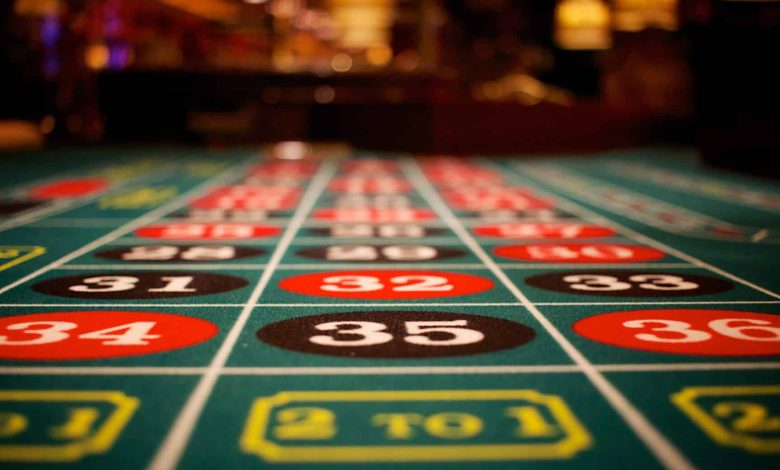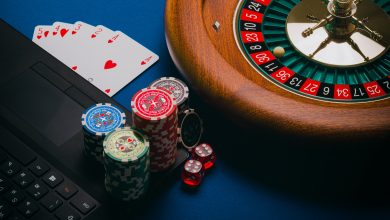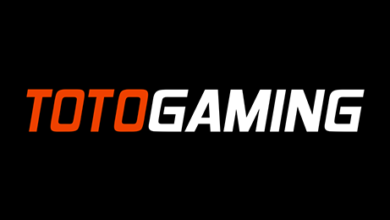When Gambling Goes Bad: Top Signs of Gambling Addiction

Gambling often begins as an enjoyable leisure activity and source of extra funds, but when its pleasure turns into compulsive play and consequences spiral out of control, identifying signs of gambling addiction becomes critical. We will discuss in this article which indicators point out when gambling becomes harmful and leads to full-fledged addiction.
Gambling addiction (compulsive gambling, or gambling disorder) is a behavioral condition characterized by the uncontrollable urge to gamble despite negative repercussions. It can profoundly devastate various aspects of an individual’s life.
Prevalence and Impact Gambling addiction affects millions worldwide, and its ripples reach beyond personal finances to affect mental health, relationships, and overall well-being.
Warning Signs of Gambling Addiction One early indicator of gambling addiction can be financial difficulties caused by it. Constantly losing money and taking drastic measures to recover those losses are telltale signs สล็อตเว็บตรง.
Addiction to Gambling
Individuals suffering from gambling addiction may become preoccupied with thoughts related to betting, making it hard for them to focus on daily tasks or obligations.
Loss of Control
Gambling can become addictive over time if its limits cannot be set to limit prolonged sessions and financial losses that exceed expectations, signaling its progression as an addiction.
Neglect of Responsibilities
Gambling can easily distract a person, and they may neglect work, school, and family obligations that would usually come first, thus endangering relationships and careers.
Relationship Strain
Compulsive gambling often puts relationships under strain as individuals may lie about their activities or conceal financial problems from loved ones while isolating themselves from those closest to them.
Psychological Indicators
Anxiety and Depression
Gambling addiction often coexists with mental health conditions like anxiety and depression, exacerbating both of them in turn. This cycle further compounds both issues.
Chasing Losses
Individuals suffering from gambling addiction frequently try to chase losses in hopes that one big win can make up for previous ones, hoping a victory can erase past failures and provide relief from prior ones. This behavior often manifests itself when wagers lose money quickly enough; gambling addicts, in particular, often act this way.
Irritability and Restlessness Frustration or restlessness while not gambling could signal emotional dependency on gambling, further underlining addictive tendencies.
Social Consequences
Isolation and Withdrawal
Gamblers who become compulsive gamblers may become detached from social activities in favor of gambling – leading to feelings of isolation among family, friends, and coworkers.
Signs of Financial Stress Recurrent loans or borrowing requests that appear fraudulent could indicate gambling-induced financial stress.
Illicit Activity
Individuals engaging in illegal gambling activity may resort to criminal activities as an additional funding mechanism to support their addiction, further exacerbating its consequences.
Effect on Physical Health
Sleep Disorders Gambling addiction can lead to stress-induced insomnia and negatively influence one’s overall health in other ways as well. This sleep deprivation further undermines an individual’s well-being.
Stress-related ailments, such as worry and financial strain, are significant sources of physical discomfort that wreak havoc with one’s wellbeing, further worsening health problems.
Substance Abuse
Gambling addiction often coexists with substance use issues, creating additional difficulties for those seeking recovery from both.
Seeking Help for Gambling Addiction
Support Groups
Support groups such as Gamblers Anonymous allow individuals to share experiences and seek guidance without judgment from peers or professionals.
Professional Counseling
Seeking professional assistance can provide personalized strategies for recovery.
Treatment Options
Multiple options exist to treat gambling addiction, including cognitive-behavioral therapy and medication.
Overcoming Gambling Addiction
Acceptance Admitting that gambling addiction exists is the first step toward recovery, opening the way for further interventions to follow.
Lifestyle Changes
Implementing positive lifestyle changes, such as finding alternate hobbies and managing stress, are integral in breaking the cycle of addiction.
Establish a Support System
Building an adequate support network composed of friends, family, and professionals can play an essential part in helping overcome gambling addiction.
Recognizing the signs of gambling addiction is vital in combatting its prevalence. Early intervention, as well as taking an all-encompassing approach to recovery, are essential if someone you care for struggles with gambling addiction – whether financially, relationally, or mentally. Seeking help may be your first step toward healthier and happier lives.





